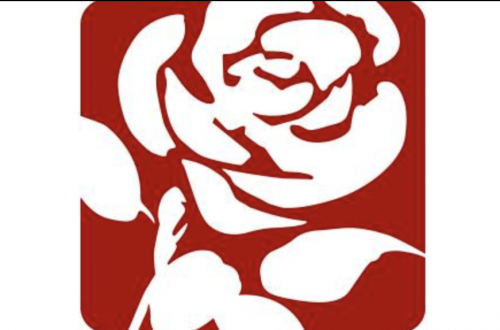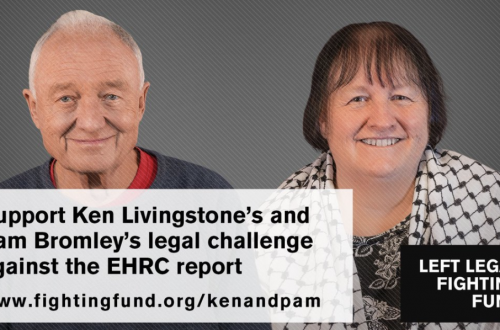It is well known that the way a question is posed can lead to differing responses. The starkness of those differences is highlighted by private opinion polls on the Vietnam War carried out by the White House for President Nixon in April, 1971. Below I detail the different questions posed and the percentage of respondents who answered, “Yes.”
1. Would you favour congressional passage of a bill requiring the President to withdraw all troops [from Vietnam] by the end of 1971? (Yes: 62%)
2. Would you favour withdrawal by the end of 1971 even if it meant defeat in Vietnam? (Yes: 39%)
3. Would you favour withdrawal by the end of 1971 even if it meant a Communist takeover of South Vietnam? (Yes: 27%)
4. Would you favour withdrawal by the end of 1971 even if it threatened the lives or safety of the POWs? (Yes: 12%)
Within two days of being briefed of these poll results, and in answer to questions from the press, President Nixon repeatedly gave answers that were variations on the following:
It will be necessary for us to maintain forces in South Vietnam until two important objectives are achieved: one, the release of the prisoners of war held by North Vietnam and other parts of Southeast Asia; and two, the ability of the South Vietnamese to develop the capacity to defend themselves against a Communist takeover.”
Source: Ken Hughes, Fatal Politics: The Nixon Tapes, The Vietnam War, and the Casualties of Reelection, (University of Virginia Press, 2015), pp.23-25.


